Singapore
garden city with urban pulse
About Singapore
Culture and Religion
Where to go
How to get there
Visa Requirements
Travelling Budget
About Singapore
Singapore, officially known as the Republic of Singapore, is a small island city-state located in Southeast Asia. Despite its size, Singapore is renowned for being a global financial hub and a melting pot of cultures.
Boasting a population of around 6 million people, Singapore prides itself on its cultural diversity and harmonious coexistence. English, Malay, Mandarin, and Tamil are the four official languages, reflecting the diverse mix of people and traditions that make up the country.
Singapore is known for its modern infrastructure and efficient public services. The city is famed for its clean streets, well-maintained parks, and innovative urban planning. It has successfully created a balance between the concrete jungle with its towering skyscrapers and the lush greenery found throughout the island. Gardens by the Bay, Singapore Botanic Gardens, and Marina Bay Sands are just a few examples of Singapore’s commitment to blending nature with urban development.
Beyond its physical beauty, Singapore is also renowned for its economic prowess. It has emerged as a global financial hub and attracts businesses from various industries. Its strategic location, investor-friendly policies, and skilled workforce make it an attractive destination for international companies.
Singapore is also known for its high standard of living and safety. It consistently ranks among the top in global safety and quality of life indices. Its efficient public transportation system, well-maintained public spaces, and low crime rates contribute to the overall sense of security.
The city-state is also a vibrant cultural hub, with a rich heritage and a thriving arts scene. Museums, galleries, theaters, and festivals showcase the country’s diverse cultural traditions.
In conclusion, Singapore is a modern, multicultural, efficient, clean, and vibrant city-state that offers a high quality of life. Its commitment to innovation, sustainability, and preserving its cultural heritage make it a fascinating destination worth exploring.
Culture and Religion
Singapore is a multicultural and multiracial society that celebrates diversity and promotes harmonious coexistence. The country’s cultural landscape is a dynamic fusion of its four main ethnic groups: Chinese, Malay, Indian, and Eurasian. Each group contributes its own unique traditions, customs, and practices, creating a vibrant tapestry of cultural heritage.
Chinese culture is the largest ethnic influence in Singapore, with a rich history that includes festivals such as Chinese New Year, Mid-Autumn Festival, and Hungry Ghost Festival. The Malay community contributes its own unique customs and traditions, including Hari Raya Puasa, the celebration marking the end of Ramadan, while the Indian community adds colorful festivities such as Diwali and Thaipusam to the cultural calendar. The Eurasian community, a fusion of European and Asian heritage, brings its distinctive cuisine and cultural celebrations.
Religion plays a significant role in Singapore, with freedom of religion protected by law. Buddhism, Islam, Hinduism, and Christianity are the main religions, each with its own network of religious institutions, temples, mosques, and churches. The country’s commitment to religious tolerance and respect is evident in its diverse places of worship, where visitors are welcomed to learn and experience different faiths.
Singapore’s multiculturalism is further celebrated through various cultural events, such as the Chingay Parade, a grand street parade that showcases the different cultures and traditions, and the Singapore Heritage Festival, which promotes exploration of the country’s rich cultural history.
The government also takes proactive steps to preserve and promote cultural heritage through initiatives like the National Arts Council and the National Heritage Board. Museums, heritage sites, and cultural centers provide venues for locals and tourists alike to immerse themselves in the vibrant cultural tapestry of Singapore.
In conclusion, Singapore’s culture and religion are integral parts of its identity, reflecting its multicultural and inclusive society. The coexistence and celebration of different cultural traditions and religions contribute to the country’s rich tapestry of heritage, making it a unique and fascinating destination.
Where to go
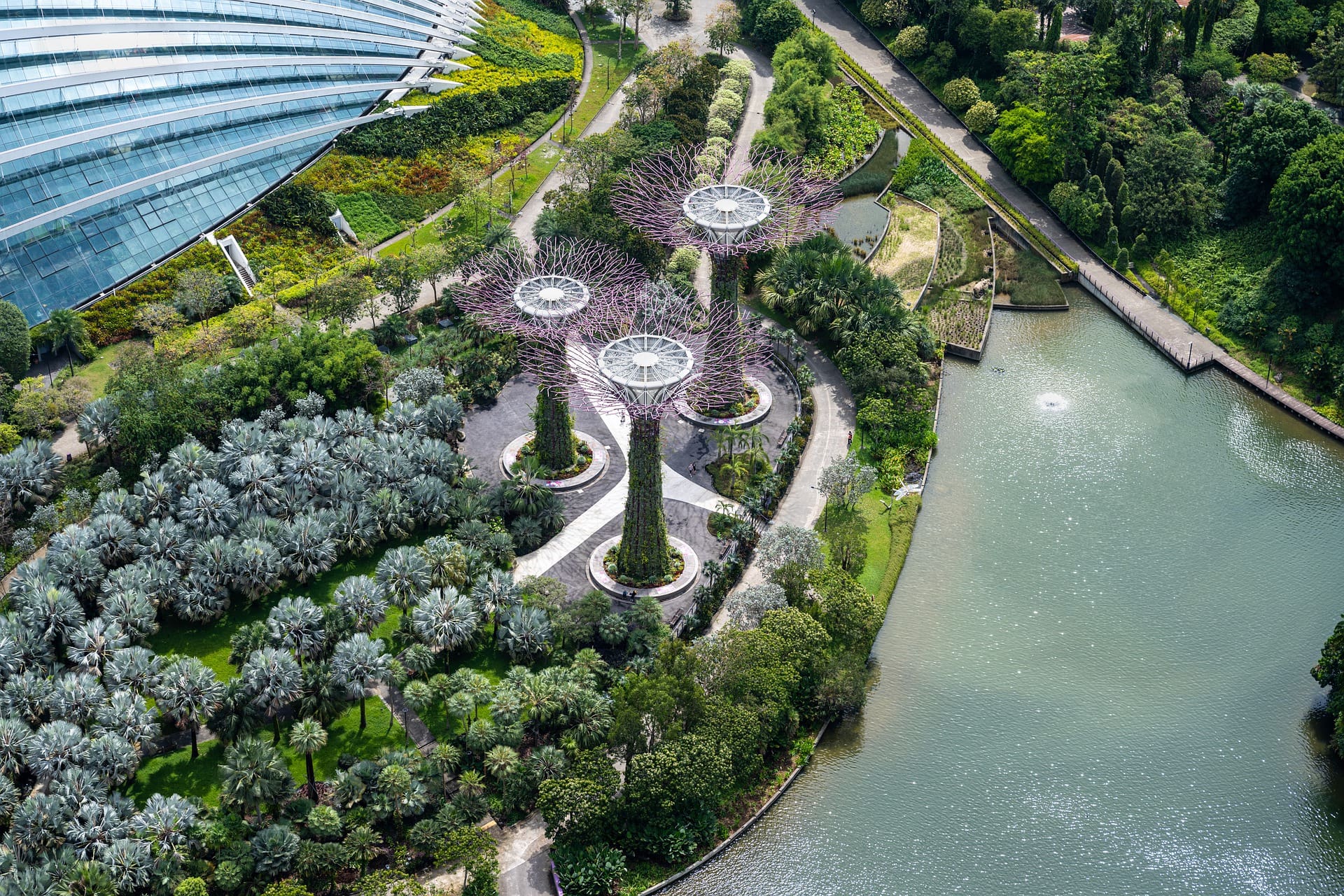
Gardens by the Bay
This iconic attraction is a must-see in Singapore. Spanning over 250 acres, it features futuristic Supertrees, stunning conservatories, and sprawling gardens. The Cloud Forest and Flower Dome are particularly impressive.

Marina Bay Sands
This integrated resort is known for its unique architecture and world-class amenities. Visitors can take in breathtaking views of the city from the observation deck, enjoy shopping at luxury boutiques, or indulge in fine dining at renowned restaurants.
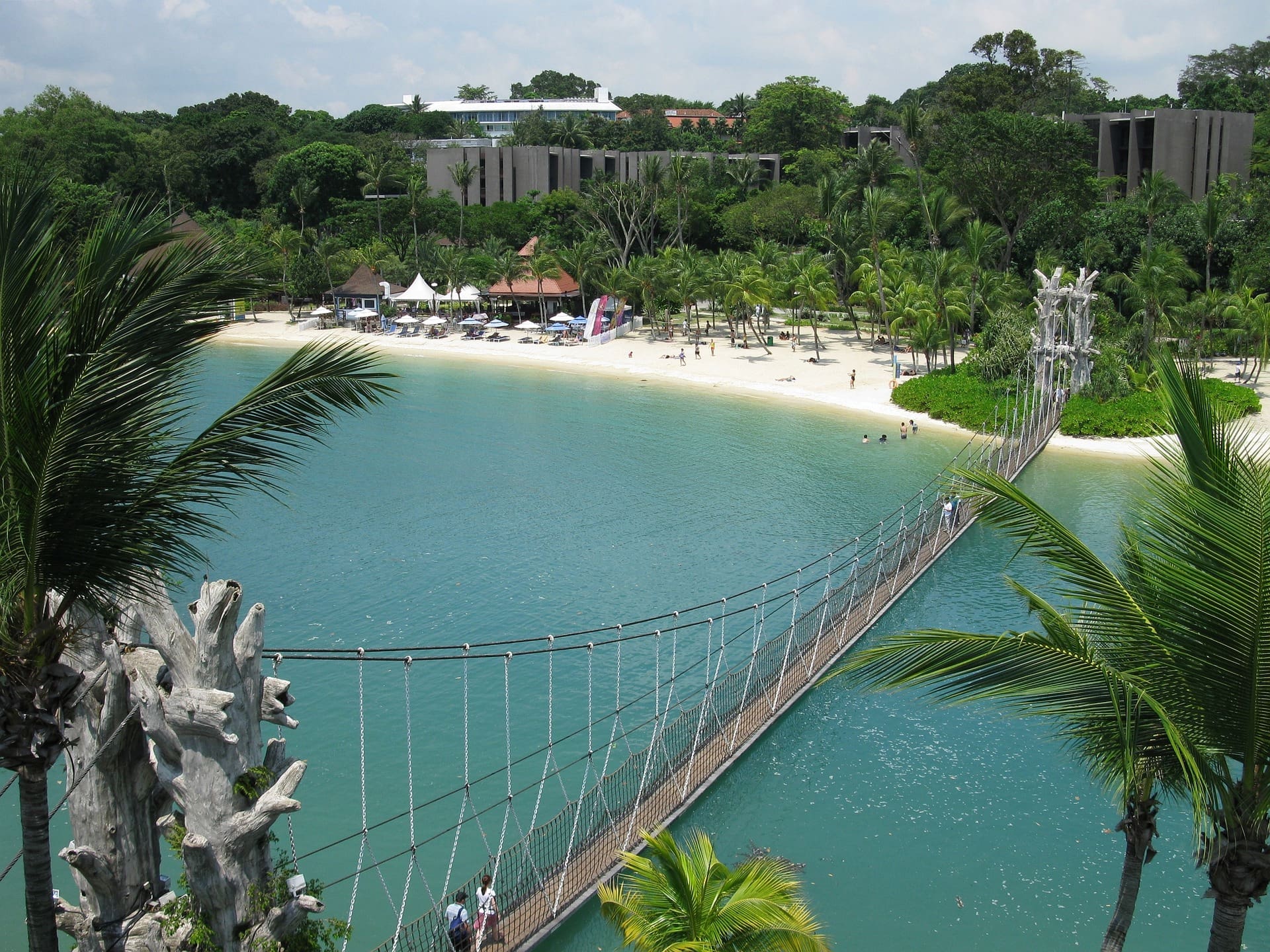
Sentosa Island
Singapore’s playground, Sentosa Island offers a range of attractions and entertainment options. Visit Universal Studios Singapore for thrilling rides, relax on sandy beaches, or explore attractions like Madame Tussauds and S.E.A. Aquarium.
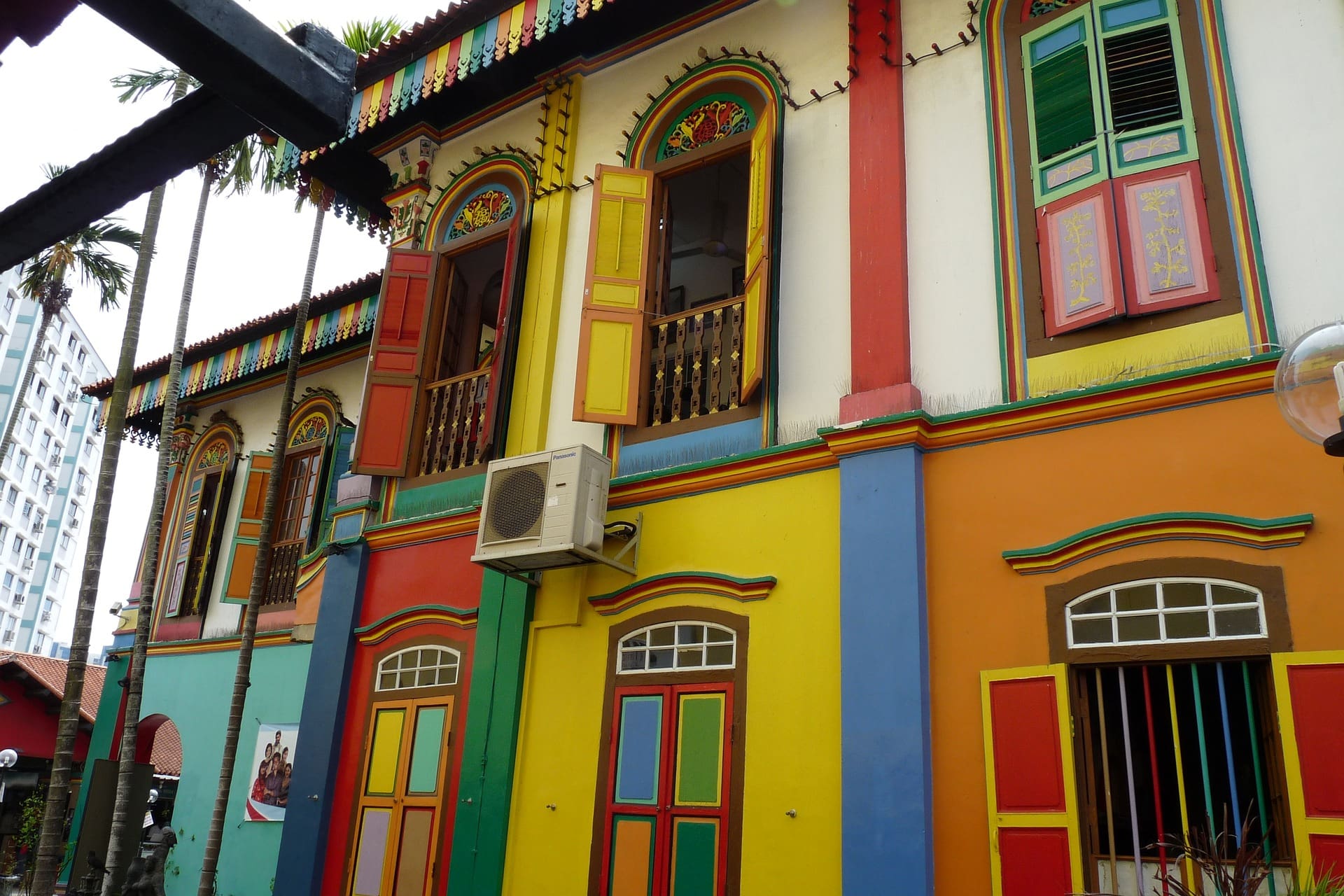
Little India
Experience the vibrant sights, sounds, and flavors of India in Singapore’s Little India district. Visit colorful temples, browse through shops selling spices and textiles, enjoy authentic Indian cuisine, and soak in the lively atmosphere.
Note: These are just a few highlights of what Singapore has to offer. The city-state is filled with numerous other attractions, such as the Singapore Botanic Gardens, National Museum of Singapore, and Clarke Quay, which are worth exploring to make the most of your visit.
How to get there
Getting to Singapore is relatively easy due to its well-connected transportation infrastructure and its status as a major international hub. Here are some of the common methods:
By Air: Singapore is served by Changi Airport, one of the busiest airports in the world. It has direct flights from major cities worldwide. Many international airlines operate flights to Singapore, offering a wide range of options for travelers.
By Sea: Singapore is a popular cruise destination, and several cruise lines offer routes that include Singapore as a port of call. The city-state has two main cruise terminals, Marina Bay Cruise Centre and Singapore Cruise Centre, which cater to both regional and international cruise ships.
By Land: Singapore is connected to Malaysia via two land crossings, namely the Causeway and the Second Link. Frequent bus services operate between Singapore and various cities in Malaysia, providing a convenient mode of transportation.
By Train: The historic Tanjong Pagar Railway Station used to be the southern terminus of the Malayan Railway. However, as of 2011, passenger train services between Singapore and Malaysia have been suspended. Nonetheless, there are plans underway to reconnect Singapore to the Malaysian rail network in the future.
Once in Singapore, a well-developed public transportation system, including the Mass Rapid Transit (MRT) system and an extensive bus network, makes it easy to navigate around the city. Taxis and ride-hailing services are also readily available. Additionally, Changi Airport is conveniently connected to the city center via the MRT system, providing an efficient and affordable means of transportation from the airport.
In conclusion, Singapore can be accessed by air, sea, and land, thanks to its excellent connectivity. The availability of various transport options makes traveling to and within Singapore convenient and hassle-free for both domestic and international visitors.
Visa Requirements
Visa requirements for entry into Singapore vary depending on the nationality of the traveler. Here are some general guidelines:
1. Visa Exemption: Citizens of many countries, including the United States, Canada, the United Kingdom, Australia, and most EU member states, do not require a visa for stays up to 30 or 90 days, depending on their nationality. This is known as the Visa Waiver Program.
2. Visa on Arrival: Some nationalities, such as citizens of India and China, are eligible for a visa on arrival. This allows for a stay of up to 96 hours for transit passengers and up to 30 days for tourists.
3. Visa-Free Transit: Travelers who are transiting through Singapore to another destination may be eligible for visa-free transit if they meet certain requirements, such as holding a valid passport, having a confirmed onward ticket, and staying within the transit area.
4. Visa Requirements: Citizens of certain countries, such as Russia, Nigeria, and Ukraine, are required to apply for a visa before traveling to Singapore. This involves submitting an application form, supporting documents, and paying the applicable visa fees.
It is recommended to check the official website of the Immigration & Checkpoints Authority of Singapore to determine the specific visa requirements based on your nationality. It is advisable to apply for a visa well in advance of your intended arrival date to allow for processing time.
Additionally, it is important to note that the validity and conditions of visas can vary, so it is essential to review the visa requirements to ensure compliance with the regulations set by the Singaporean authorities.
Please note that visa requirements are subject to change, and it is always advisable to confirm the latest information with the relevant authorities or a trusted travel agency before making any travel arrangements to Singapore.


Travelling Budget
The cost of traveling to Singapore can vary depending on factors such as the duration of stay, accommodation choices, dining preferences, and activities. Here is a general breakdown of the budget for a trip to Singapore:
Accommodation: Budget-conscious travelers can find affordable options in hostels or budget hotels, with prices starting around SGD 30-50 per night. Mid-range hotels typically range from SGD 100-200 per night, while luxury hotels can exceed SGD 300 or more per night.
Transportation: Public transportation in Singapore is well-developed and relatively inexpensive. A single trip on the Mass Rapid Transit (MRT) system can cost around SGD 1.50-2.50, while a bus ride is usually around SGD 1.50-2.
Meals: Eating out in Singapore can vary in cost, depending on the type of dining establishment. Hawker centers and food courts offer affordable local dishes, with meals starting from SGD 3-5 per person. Mid-range restaurants may cost around SGD 20-30 per meal, while fine dining establishments can exceed SGD 50 or more per person.
Attractions and Activities: Singapore offers a wide range of attractions and activities for various budgets. Popular attractions like Gardens by the Bay, Universal Studios Singapore, and the Singapore Zoo usually have ticket prices ranging from SGD 20-40 or more per person. Free activities include exploring public gardens, visiting cultural neighborhoods, and enjoying walking tours.
Overall, a daily budget of SGD 100-150 per person is a reasonable estimate for travelers seeking a moderate level of comfort and enjoyment in Singapore. Of course, personal preferences and additional expenses, such as shopping or nightlife activities, can increase the overall budget. It is advisable to plan and research in advance to get a better understanding of costs and make adjustments based on individual preferences and travel goals.
What makes your journey easier
Everything you need to know about what to bring to make your travels easier, more safe and fun
Be Mindfull
Gadgets
Gear
Insurance
Visa


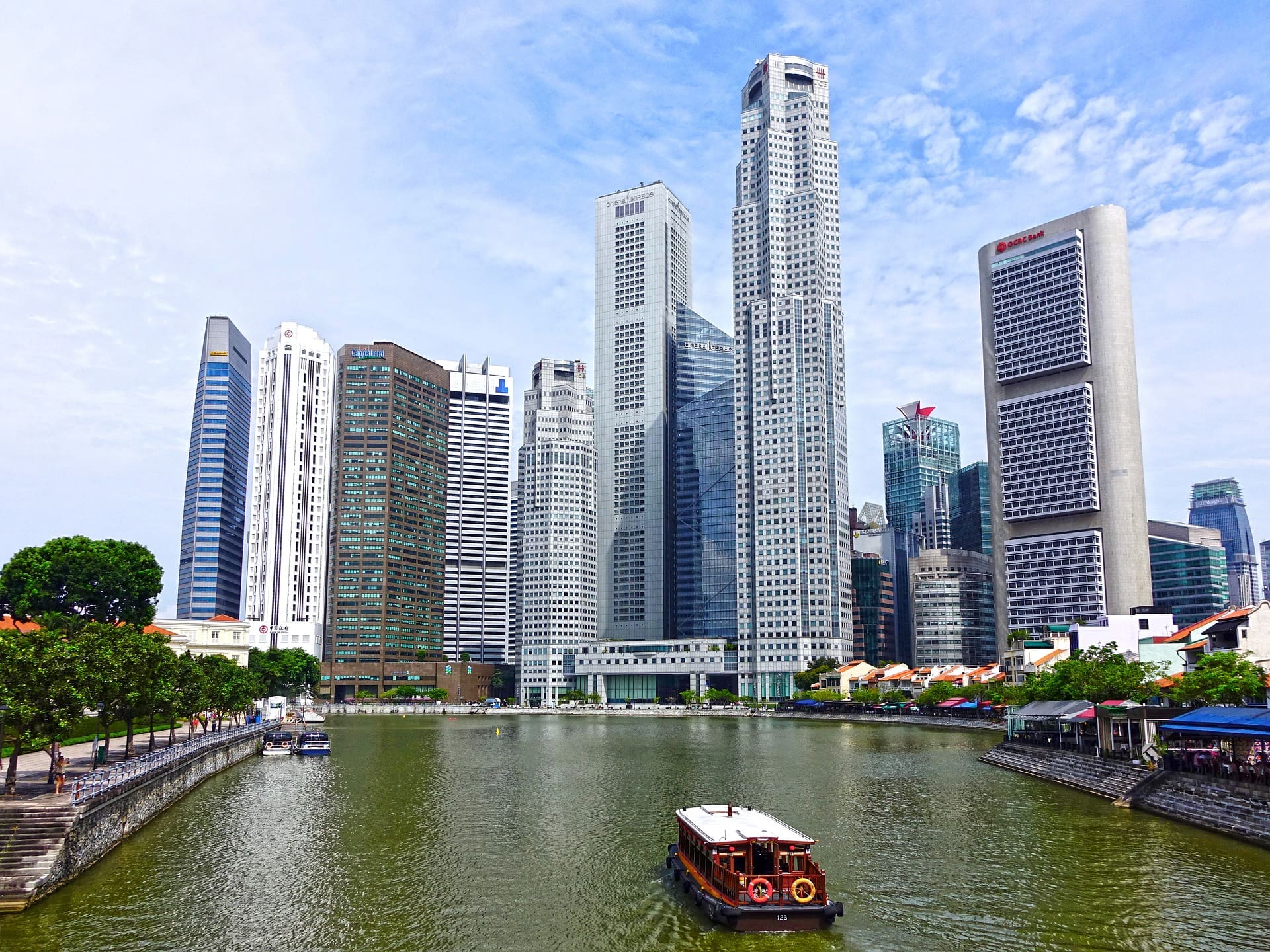



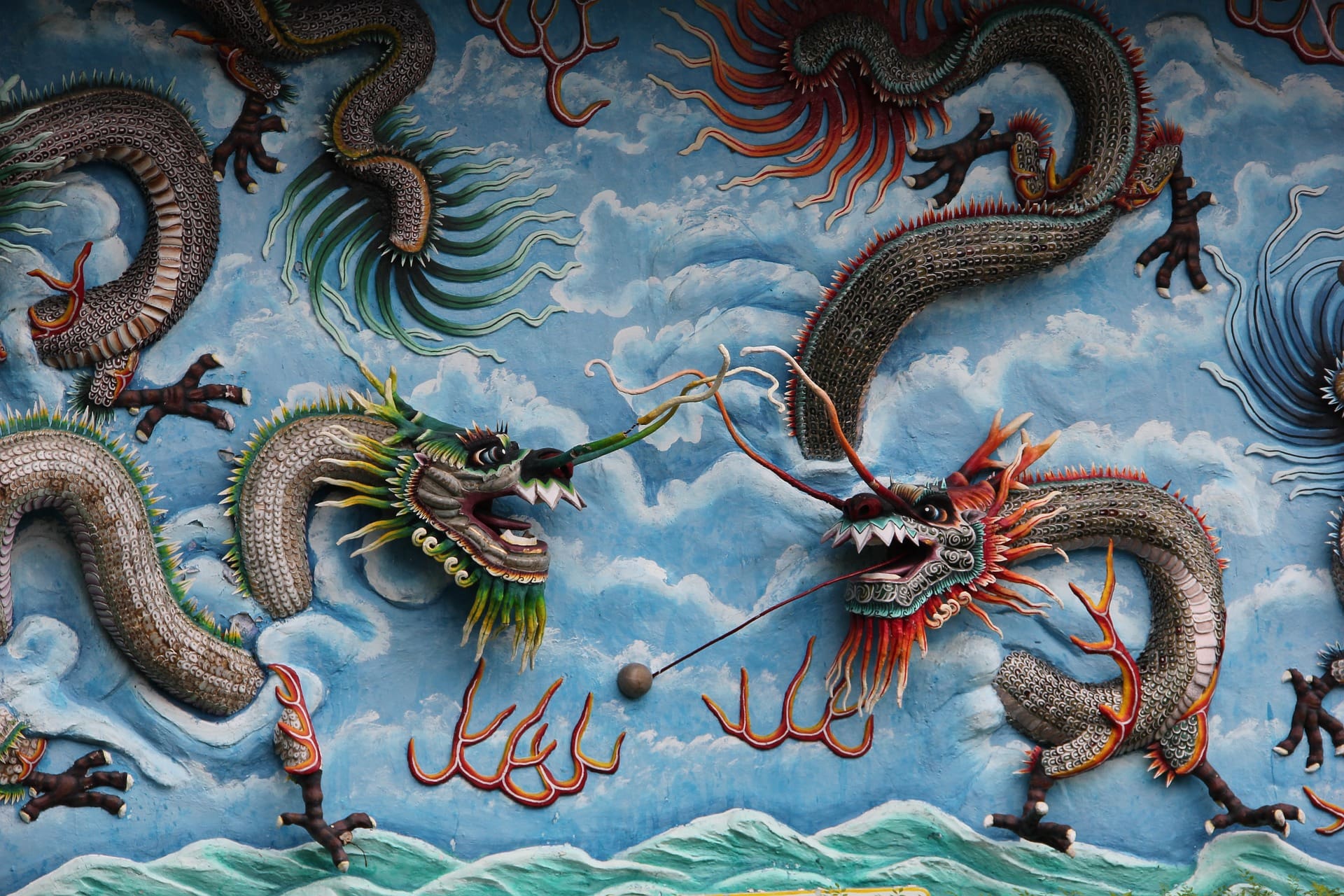
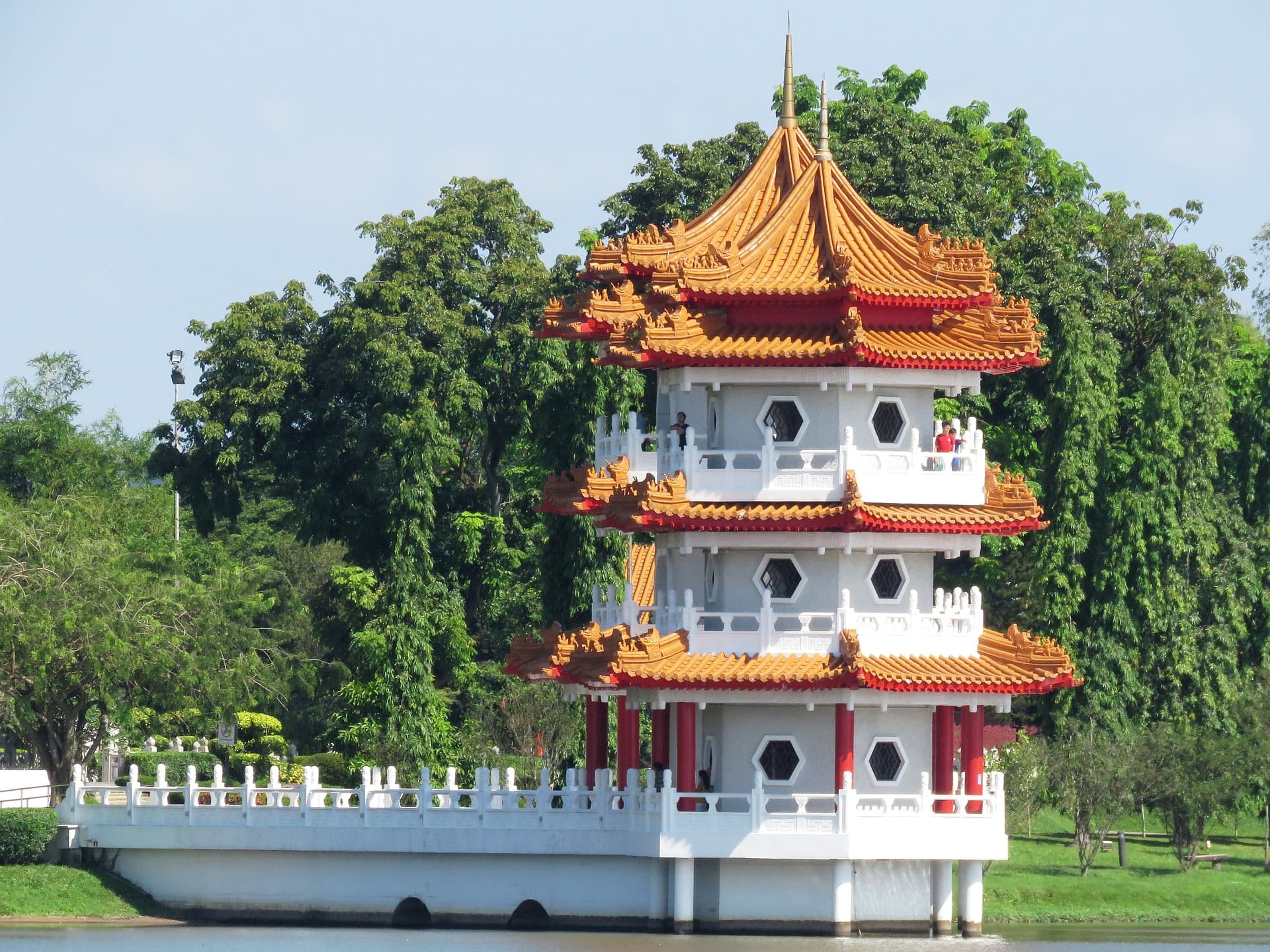


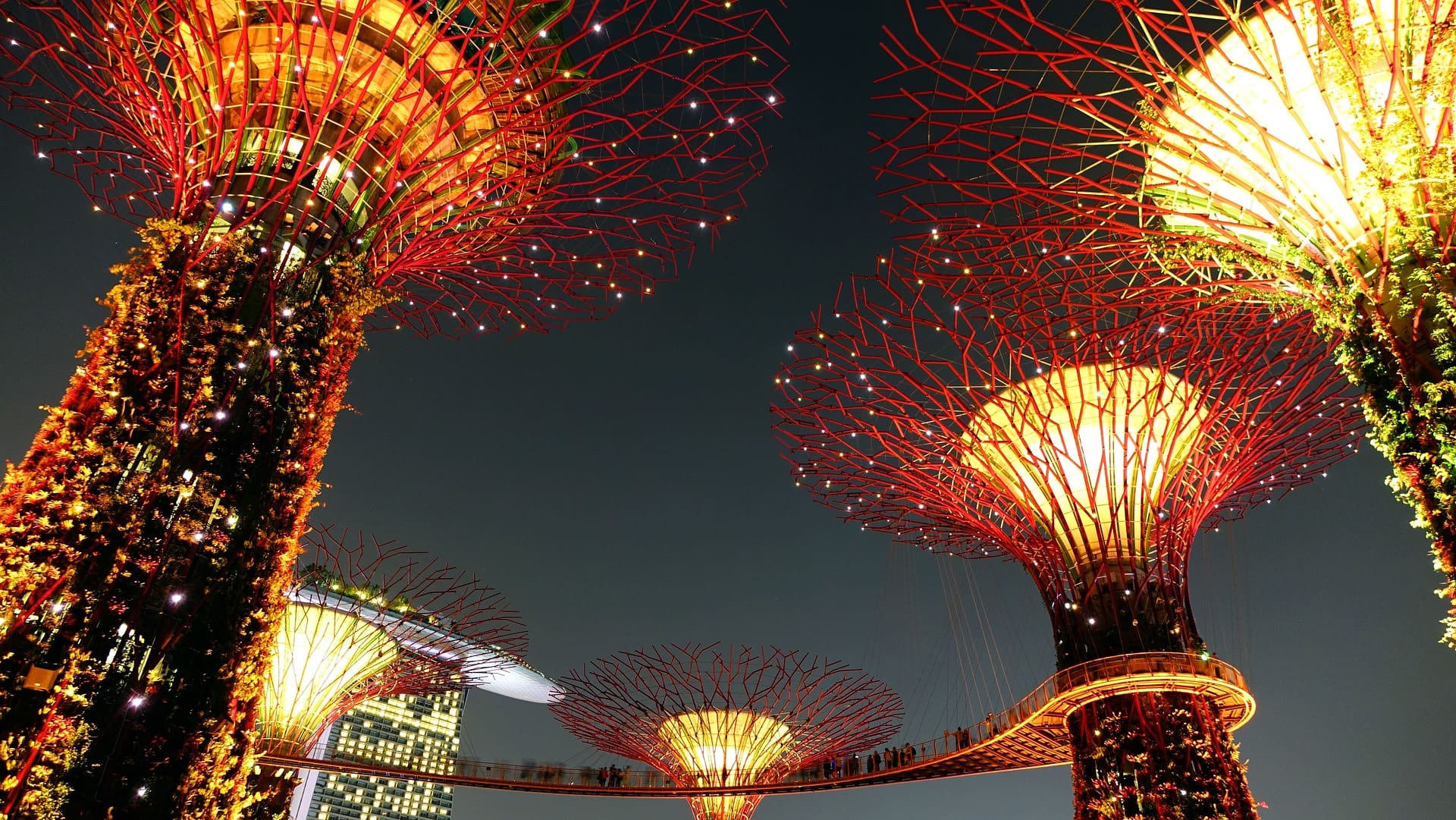



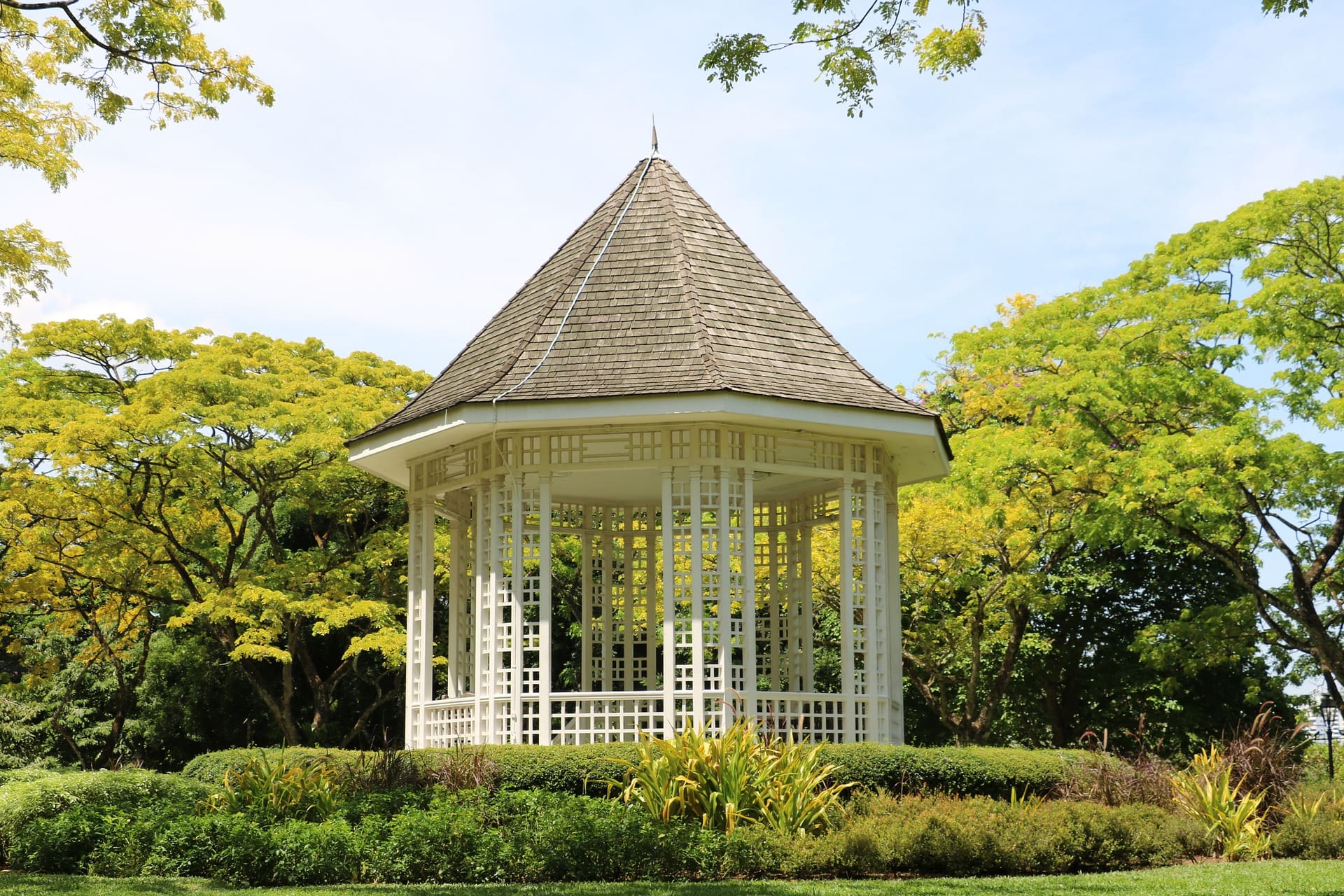

![Singapore 2x [gardens-by-the-bay]](https://travelhd.nu/wp-content/uploads/2023/08/Singapore-2x-gardens-by-the-bay-scaled.jpg)








